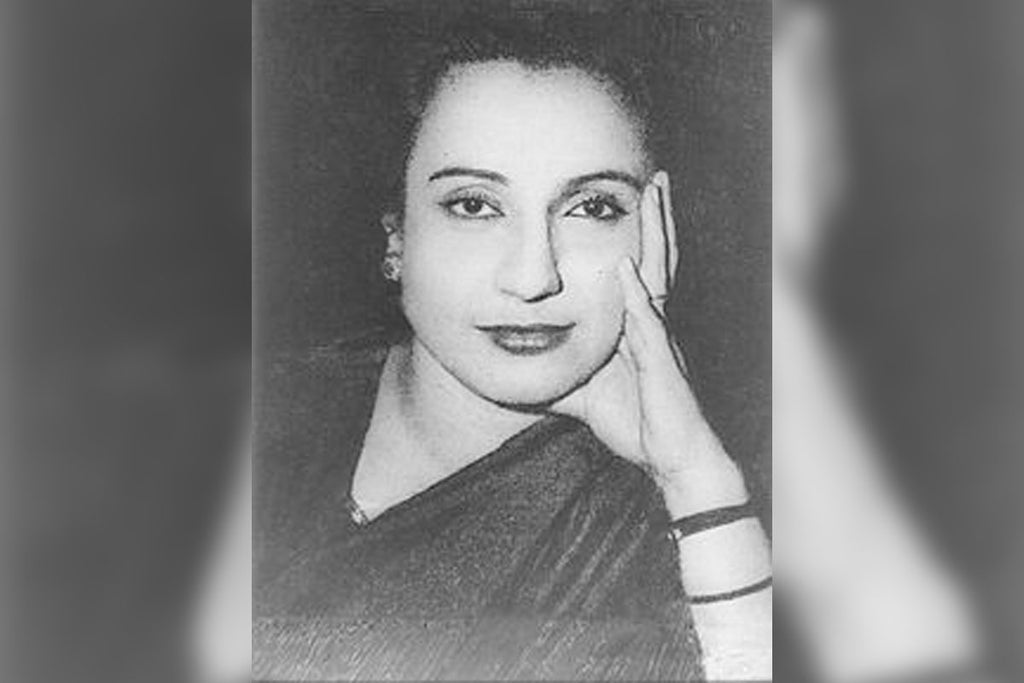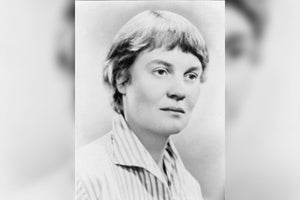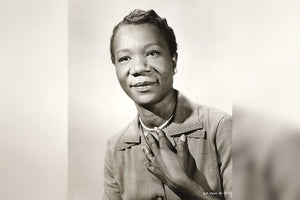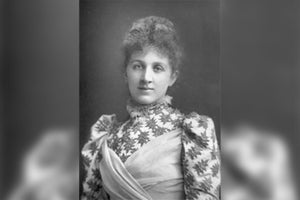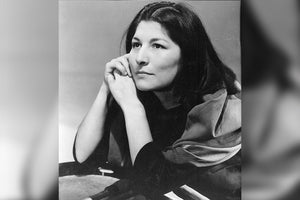Birthday: July 22, 1915
Who was Shaista Suhrawardy Ikramullah?
Shaista Suhrawardy Ikramullah was a prominent politician and diplomat in Pakistan. Aside from these, she was also considered a prominent author, publishing several works that have been translated into several other languages.
Five Facts About Shaista Suhrawardy Ikramullah
- She was born in Calcutta, British India to an elite Bengali family.
- Her family was always involved in the field of politics.
- She was the first Muslim woman to earn a doctorate from the University of London.
- She was posthumously awarded Pakistan’s highest civil award in 2002.
- She contributed greatly to the shaping of the Universal Declaration of Human Rights.
Inspirational Quotes from Shaista Suhrawardy Ikramullah
“ [I]t was imperative that the peoples of the world should recognize the existence of a code of civilized behavior which would apply not only in international relations, but also in domestic affairs."
Shaista Suhrawardy Ikramullah’s Biography
Early Life
Shaista Suhrawardy Ikramullah was born in Calcutta, British India on July 22, 1915. She was part of an elite Bengali family that always had close ties with the country’s political landscape.
In fact, her mother was the granddaughter of Nawab Abdul Latif, a well-known social worker, and educator back in the 19th century and her father was Hassan Suhrawardy, a prominent public official as well.
Growing up, she was educated in both India and Britain, first at the University of Calcutta where she graduated with a BA Hons and later obtained a doctorate from the prestigious University of London – the first Muslim and Asian woman to do so.
Husband and Children
From the years 1937 to 1940, she lived in England where she met her eventual husband, Muhammad Ikramullah. At the time, he was employed by the Indian Civil Service and was assigned to the city of London in 1937.
She and her husband had four children – Inam Ikramullah, Salma Sobhan, Naz Ashraf, and the Princess Sarvath of Jordan.
Turning Point
Her family’s involvement in politics has always been constant – with one of her cousins becoming a Premier of Bengal and her maternal grandfather as one of the first Muslims to embrace modernization during the 19th century.
As such, she was always exposed to the country’s political landscape which allowed her to later contribute greatly to its change.
She met her future husband in England while he was posted there. She and her husband stayed in England for 3 years after which he was posted back to Delhi. During her stay in England, she published several articles about the status of England’s life and education, with a particular emphasis on the country’s political climate back then.
She was considered one of the first Indian-Muslim women during the time to leave purdah, a social and religious practice wherein women secluded themselves.
Mission and Work
Shaista Ikramullah became more involved in the country’s politics when she and her husband returned to India. Even after returning to India, Shaista Ikramullah continued to publish her columns and traveled to different parts of the country, particularly the cities of Calcutta and Hyderabad.
During her husband’s assignment in Delhi, she met Muhammad Ali Jinnah who inspired her to become more involved in the country’s politics.
Together with Muhammad, they joined the All-India Muslim League, and later on, she established the Muslim Women Student’s Federation with Fatima Jinnah.
In 1947, she became one of the only two female representatives in the first Pakistani Constituent Assembly.
During her lifetime, she actively defended the people’s fundamental rights and noted the lack of balance between Pakistan’s two halves. She later became the country’s ambassador to the country of Morocco, serving in the position from 1964 to 1967.
After this, she became a delegate to the United Nations and was part of the committee who was responsible for creating the Universal Declaration of Human Rights in 1948 as well as the Convention Against Genocide.
She is considered as one of the people who helped shape the UDHR which provided the common standard for all countries in terms of how they treat people.
Apart from advocating for the fundamental rights of people, Shaista Ikramullah also published several works, translating some of them into Urdu to make them more accessible.
Death and Legacy
Shaista Suhrawardy Ikramullah died at the age of 85 years old on December 11, 2000, in Karachi. Because she had such a large role in shaping Pakistan’s political landscape, the Pakistani president posthumously awarded her the country’s highest civil award, the Nishan-i-Imtiaz, in 2002 – 2 years after her death.
In 2018, she was also featured in the United Nations’ exhibit, recognizing her role in the creation of the Universal Declaration of Human Rights. The UDHR serves as every country’s model and standard when it comes to protecting each one’s fundamental rights.
Her work and advocacy will continue to serve as an inspiration for girls and women everywhere.
![]() Fast Shipping
Fast Shipping![]() Subscribe to our Newsletter
Subscribe to our Newsletter![]() 🌟 New Global Competition 🌟
🌟 New Global Competition 🌟